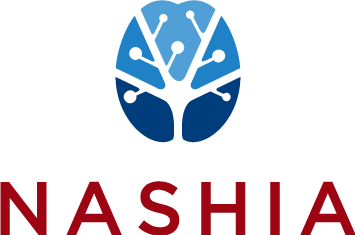
Welcome to NASHIA’s OBISSS (Online Brain Injury Screening and Support System)
Traumatic brain injury (TBI) can affect anyone.
However, some groups are at greater risk of experiencing long-term health problems after the injury, including:
Service members and veterans
People who experience homelessness
People who are in correctional and detention facilities
Survivors of intimate partner violence
People living in rural areas
(cdc.gov)
If your state agency, partner agency, or organization is working with these populations, you can improve outcomes with better screening practices.
NASHIA’s OBISSS can help!
IF YOU ARE INTERESTED IN THE OBISSS FOR YOUR STATE OR ORGANIZATION, PLEASE COMPLETE OUR OBISSS INTEREST FORM TO SET UP A DEMO TODAY.
Current OBISSS Subscribers
-
The OBISSS is an online screening system that determines a potential exposure to brain injury in someone’s lifetime and identifies any associated problems that are present. Watch the recording of our informational session and view the slide deck for more information.
-
The OBISSS uses tested and reliable tools: the Ohio State University-Traumatic Brain Injury-Identification Method (OSU TBI-ID) and the Symptoms Questionnaire for Brain Injury (SQBI, formerly the Colorado Symptoms Questionnaire). The information is stored in a secure program.
-
The OBISSS is available to any agency/organization that subscribes to a 12-month plan. A link and password are generated for that subscriber to share with any providers designated to participate.
-
Become a subscriber so that you can:
-improve outcomes for clients who may be experiencing brain injury
-know more about specific strategies to support someone with a brain injury
-initiate information and referral about programs and supports in your state
-have data on brain injury history in screening settings
-review your collected data compared to the national dataset
-leverage data for funding in your state
-contribute to the larger picture of national incidence of lifetime exposure
-
Our informational flyer is here with additional information. You can contact NASHIA’s Executive Director Rebeccah Wolfkiel at rwolfkiel@nashia.org or complete the OBISSS Interest Form to provide us with more information about you and your program.
A study in the Journal of Head Trauma Rehabilitation found that up to 54% of individuals screened in high-risk populations reported a history of TBI with chronic symptoms (Dams-O’Connor, 2014).


















